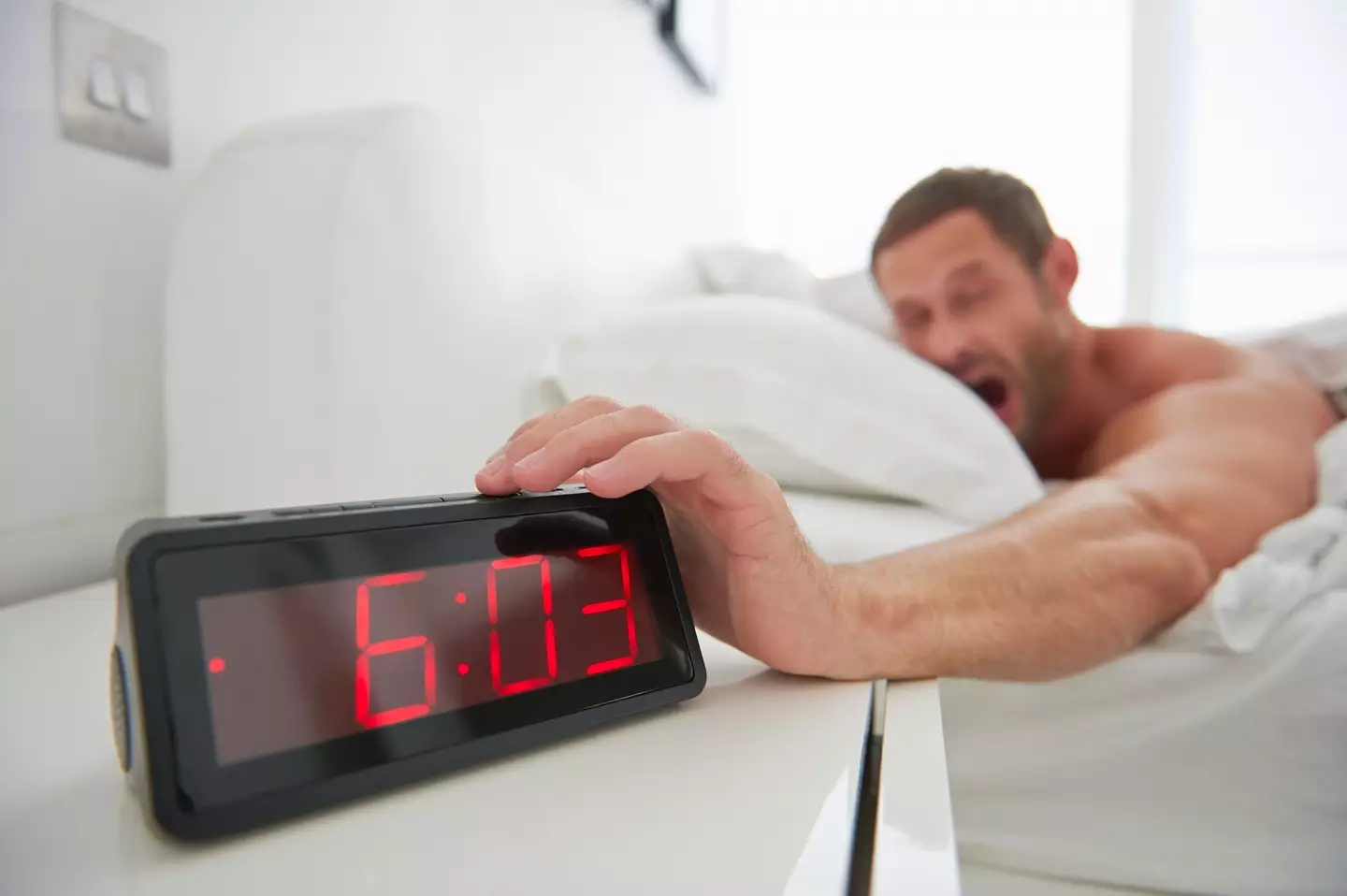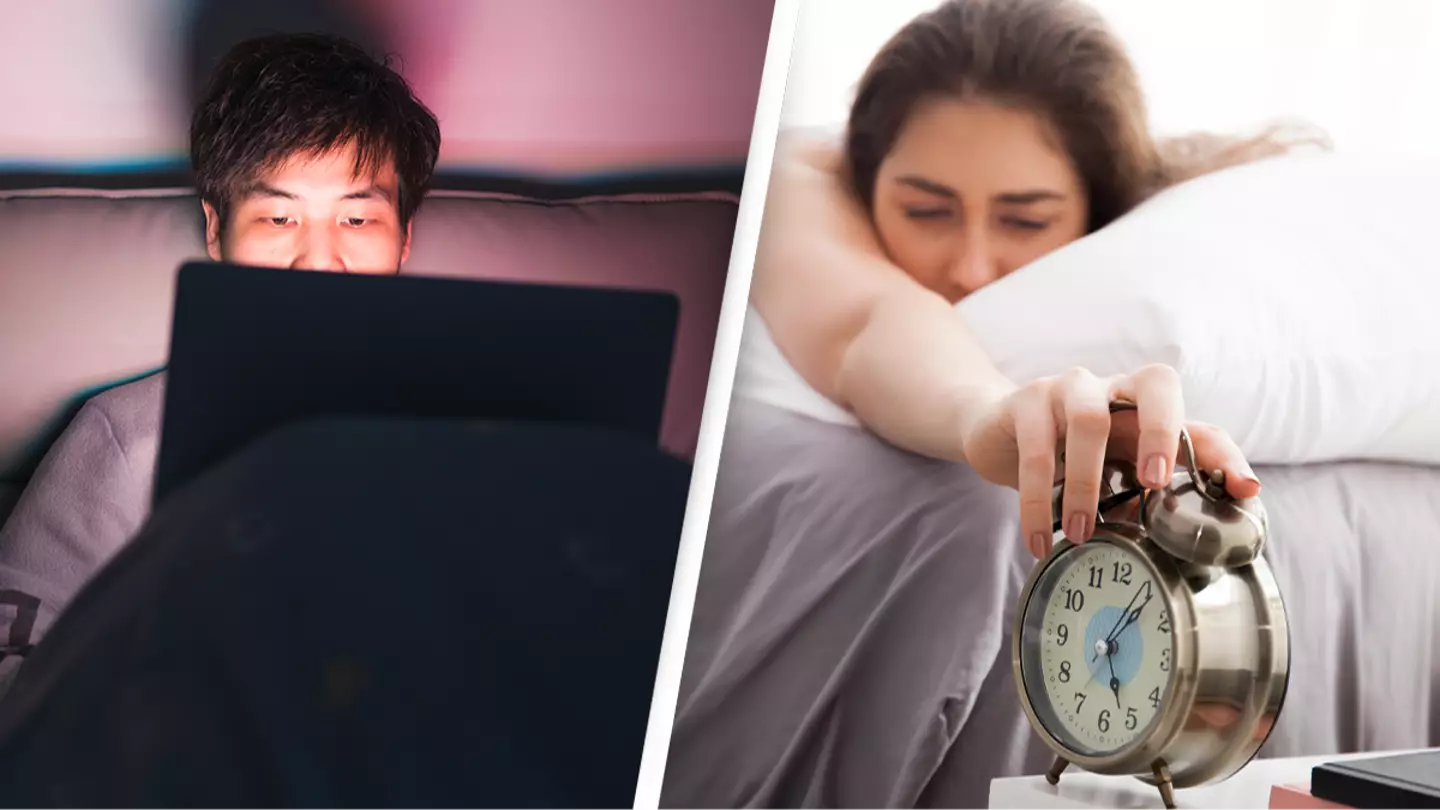Are you a night owl or an early bird? If you love staying up late, then the latest study might just validate your sleep schedule! New research suggests that night owls could actually have the upper hand when it comes to brainpower.
While some people thrive by starting their day at the crack of dawn, others find the very thought of an early morning to be a nightmare. But the latest findings might just sway the ‘rise and grind’ crowd to hit that snooze button.
A shocking new study involving 26,000 participants compared early risers to night owls in terms of intelligence. Researchers conducted a series of cognitive and intelligence tests to see which group would come out on top.
The results were unexpected, to say the least.

Conducted by the brainy folks at Imperial College London, the study asked participants to tackle tests that measured their reasoning, intelligence, memory, and reaction times. The research team also looked into how sleep duration and quality, as well as the participants’ chronotype—or their natural sleep-wake cycle—affect their performance.
Chronotype essentially refers to the times of day when individuals feel most energetic and alert. The findings suggested that those who prefer to stay up late and wake up later generally excelled in the tests.
Historical figures like James Joyce, Leonardo Da Vinci, and even Barack Obama are known to have kept late hours, perhaps suggesting a link between late bedtimes and brilliance.
But before you decide to completely flip your sleep schedule, consider this: the study also emphasizes the importance of getting adequate sleep for optimal brain function.

Raha West, the lead author and a clinical research fellow at Imperial College’s department of surgery and cancer, stated in The Guardian, “We found that sleep duration has a direct effect on brain function, and we believe that proactively managing sleep patterns is really important for boosting, and safeguarding, the way our brains work.”
West also expressed hope for policy interventions to improve sleep patterns among the general populace.
Despite the intriguing results, some experts remain cautious. Jacqui Hanley from Alzheimer’s Research UK pointed out the ambiguity in whether changes in sleep patterns affect cognition or if it’s the other way around. Jessica Chelekis, a senior lecturer at Brunel University London, noted significant limitations in the study, including unaccounted variables like the timing of the tests and educational backgrounds.
Interestingly, the study also aligns with other unique findings about intelligence indicators. For instance, a 2014 study suggested that people who frequently swear might actually be smarter than those who don’t.
So, whether you’re a night owl by choice or by nature, these findings might just give you another reason to cherish those late-night hours. Just remember, regardless of when you go to bed, getting enough sleep is key to keeping your brain sharp!

